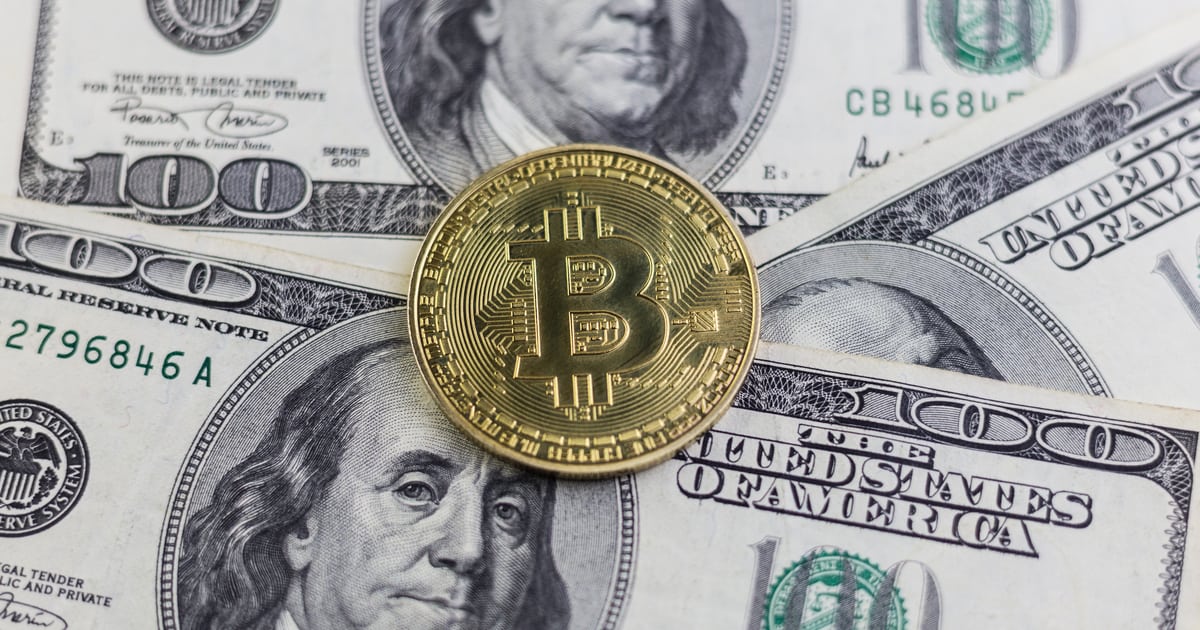MicroStrategy Inc. has hired banks to help it raise $42 billion through the sale of new shares and fixed income to buy more Bitcoin after a flurry of deals over the past year.
The enterprise software maker, co-founded by Chairman Michael Saylor, hired a handful of banks to sell stock through a so-called at-the-market offering that could net it $21 billion while lining up potential sales of fixed-income securities that could bring in the same amount.
The company has been raising billions over the past year through the sale of convertible senior notes as well as shares that its bankers can sell into the market to add to its cryptocurrency stockpile.
While such a program would allow MicroStrategy — whose corporate strategy includes buying Bitcoin — to sell as much as $21 billion worth of shares without needing to file additional paperwork, it’s no guarantee that the firm will do so, or if it does, that it would raise the sum all at once.
Numerous companies have filed for at-the-market facilities and never move to capitalize on them, or sell just a sliver of the available stock.
The company raised $2.1 billion through the sales of equity and debt in the third quarter, MicroStrategy said in a Wednesday statement, after bringing in $800 million in the three months ending June 30.
The shares came under pressure in extended trading, after the announcement and release of quarterly financial results. The stock had soared nearly 500% in the year prior to Thursday’s close of official trading, more than Bitcoin’s roughly 110% ascent over that time.
“We see the $42 billion as ambitious but not unattainable,” said Sean McNulty, director of trading at liquidity provider Arbelos Markets. “Ultimately, if Bitcoin goes higher, it’ll work out for them.”
The magnitude of a $21 billion at-the-market program trumps recent offerings from the company and would make sales in recent months for meme stock GameStop Corp. look tame. At the time, the video-game retailer tapped its traders for roughly $3.5 billion.
At-the-market programs allow a company’s investment banks to create shares and sell them at market prices, with the proceeds added to its balance sheet.

